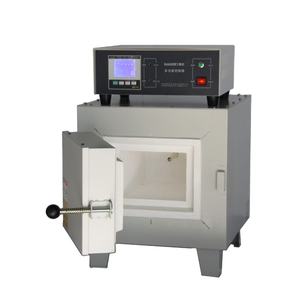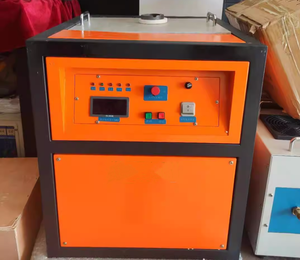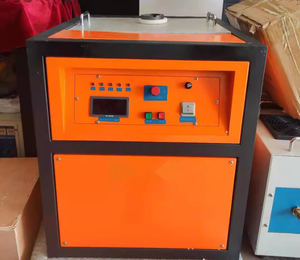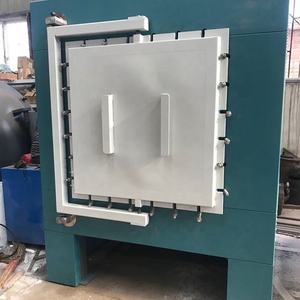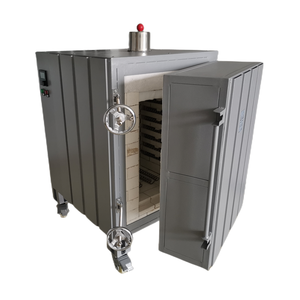Artisan Furnaces - Quality Craftsmanship Tools for Global Artists
** Can You Switch Heater Gas Valves Like Batteries? Allow’s Figure out! **.
(are furnace gas valves interchangeable)
Heating system gas valves could look straightforward. They rest there, quietly controlling the circulation of gas to maintain your home cozy. Yet right here’s the big concern: if one breaks, can you just get any replacement valve and connect it in? Allow’s explore the details.
To begin with, gas valves aren’t all the same. Consider them like tricks. Your residence secret won’t work in your next-door neighbor’s lock. Gas shutoffs function similarly. They’re created to match certain heater designs. Suppliers construct them to take care of certain gas stress, flow prices, and security functions. Swap in the incorrect one, and you might wind up with a furnace that doesn’t function– or even worse, one that’s hazardous.
Why does this matter? Gas valves do more than transform the gas on and off. They regulate pressure, manage ignition series, and often consist of security shut-offs. If your heating system is a high-efficiency version, its shutoff is calibrated for specific gas circulation. Older furnaces may make use of valves constructed for less complex systems. Mixing these up might cause leaks, ineffective home heating, or even carbon monoxide risks.
Let’s discuss kinds. There are hand-operated shutoffs, automated shutoffs, and shutoffs with integrated stress regulators. Manual valves are standard– you turn them by hand. Automatic valves work with your thermostat, opening up and shutting as required. Pressure-regulating shutoffs adjust gas circulation to maintain points constant. These differences aren’t simply technological. They impact exactly how your furnace runs. Utilizing a hands-on shutoff in a system designed for automatic control? That resembles trying to guide a cars and truck with a joystick. It won’t end well.
Compatibility is one more difficulty. Brand names like Lennox, Service Provider, and Rheem often utilize exclusive components. Even valves from the very same brand may not fit different models. A shutoff made for a 2018 Lennox heating system might not match a 2022 version. The adapters, circuitry, or mounting brackets might be different. Examine the specifications. If the part numbers don’t match, the valve possibly won’t either.
What about global shutoffs? Some companies declare their shutoffs collaborate with numerous brands. Beware here. “Universal” can indicate “fits a few versions, not all.” Constantly verify compatibility with your heating system’s handbook or a specialist. Skipping this step resembles guessing the password to a safe. You might obtain fortunate, however the threat isn’t worth it.
Safety is the largest worry. Gas appliances aren’t do it yourself playgrounds. A wrong shutoff can trigger gas leaks, fire threats, or equipment damages. Specialists spend years discovering just how to manage these systems. They know how to examine for leakages, change gas stress, and make sure every little thing fulfills regional codes. Attempting to exchange valves without this knowledge is like performing surgical procedure after enjoying a YouTube tutorial.
Cost is another variable. Certain, getting a random shutoff online could conserve you $50 upfront. Yet if it damages your heater or triggers a leakage, fixings might set you back thousands. Plus, many warranties require specialist installment. Tinker the valve yourself, and you may invalidate the warranty.
So what should you do if your gas shutoff falls short? Begin by inspecting the heating system manual. It’ll detail suitable components. No guidebook? Seek out your heating system version online. Websites like Fixing Center or PartsTown allow you search by design number. Still not sure? Call a licensed HVAC technician. They’ll ID the appropriate valve and mount it securely.
(are furnace gas valves interchangeable)
Remember, heating systems aren’t Lego sets. Blending and matching components can backfire. Your goal isn’t just a warm home– it’s a safe one. Stay with manufacturer-approved components, and leave the difficult stuff to the pros. Nevertheless, when it comes to gas, “adequate” isn’t a risk worth taking.

